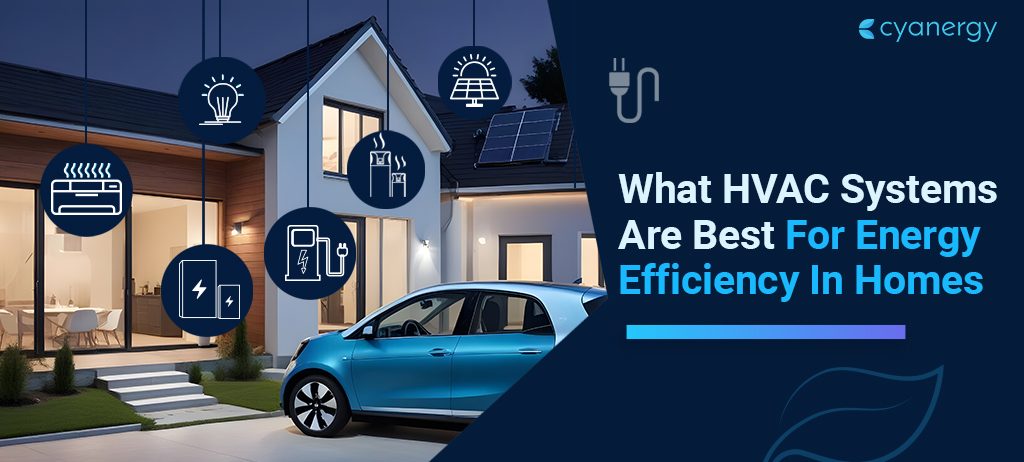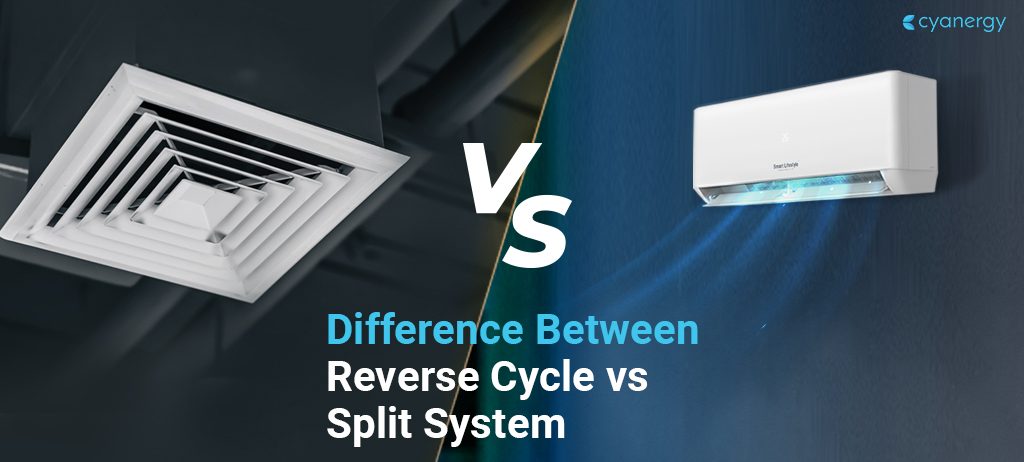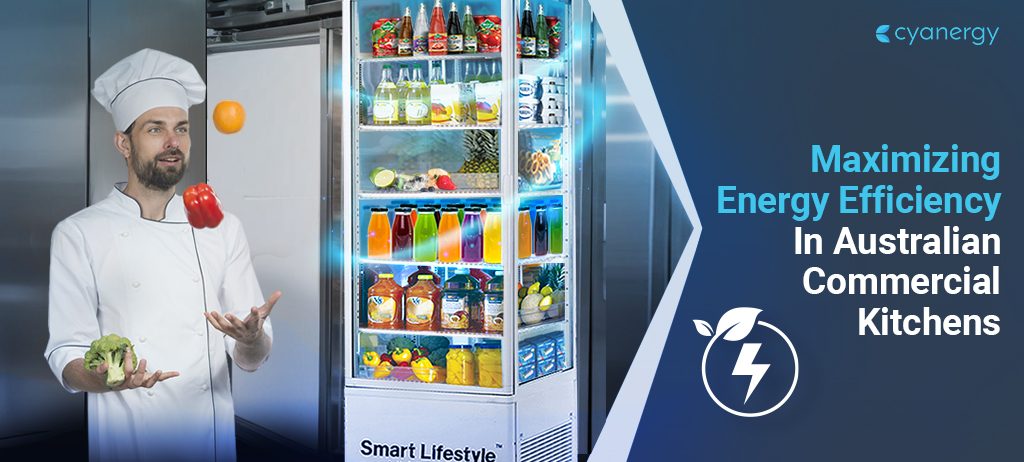In the quiet corners of our homes, where warmth meets comfort, a silent revolution is taking place. As we reconsider the choices that shape our living spaces, the age-old question of how we heat our homes is undergoing a transformative re-evaluation. Today, we embark on a journey into the realm of household warmth, exploring the possibilities that lie in the conversion from traditional gas ducted heating to the cutting-edge efficiency of electric alternatives.
This isn’t just about changing the way we heat our homes; it’s about embracing a sustainable future without compromising on the comfort we hold dear. Join us as we unravel the threads of this transition, weaving a narrative of innovation, eco-consciousness, and the quest for a home that nurtures both its inhabitants and the planet.
Understanding Gas Ducted Heating
Operation of Gas Ducted Heating Systems
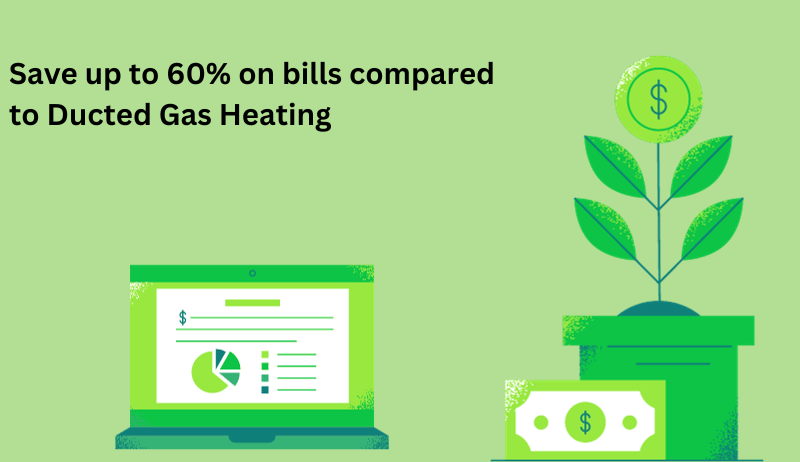
Environmental Concerns
Efficiency and Drawbacks
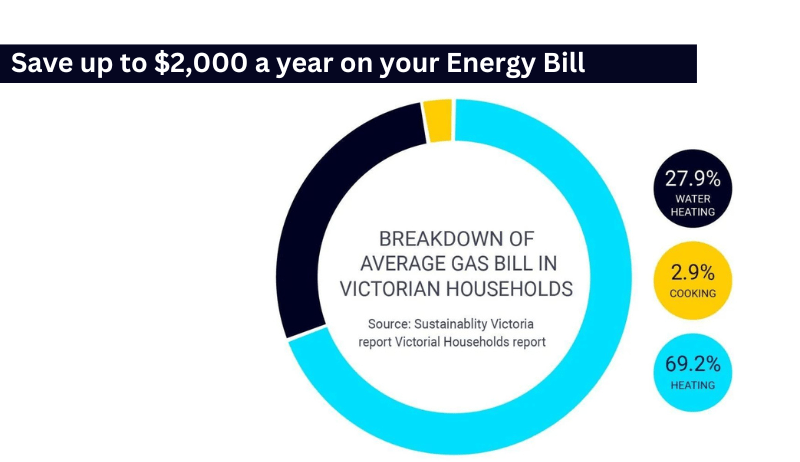
The Rise of Electric Heating
Electric heating, on the other hand, is gaining traction as a cleaner and more sustainable option. With advancements in technology, electric heating systems have become more efficient and cost-effective, making them an attractive alternative to traditional gas systems.
- Existing Infrastructure
- Energy Efficiency
- Environmental Impact
- Cost Considerations
One of the first considerations when contemplating a conversion is the existing infrastructure. Assessing the condition of your current ductwork and the compatibility of your home’s electrical system is crucial. In some cases, modifications may be necessary.
Electric heating systems have made significant strides in terms of energy efficiency. Newer models often boast higher efficiency ratings compared to older gas systems. Evaluate the potential energy savings over time to determine the economic viability of the conversion.
A primary motivation for transitioning to electric heating is the reduced environmental impact. Electric heating systems produce no direct emissions on-site, contributing to a cleaner and greener living space. Consider the long-term benefits for both your home and the planet.
While the initial cost of converting to electric heating may be a factor, it’s essential to consider the long-term savings. Factor in potential rebates, incentives, and the stability of electricity prices versus gas prices in your region.
Comparisons with Electric Heating
| Criteria | Electric Heating | Gas Heating |
|---|---|---|
| Efficiency | Continuously improving efficiency | Efficient, but may not match modern electric systems |
| Cost | Higher upfront costs, potential for significant long-term savings | Lower upfront costs, but higher long-term operational costs |
| Environmental Impact | Environmentally friendly, lower emissions | Burns fossil fuels, contributing to carbon emissions and pollution |
| Speed of Heating | May take slightly longer to heat up, but catching up with technology | Quick to provide warmth through ducts |
| Maintenance | Generally, requires less maintenance | Regular maintenance required for safety and efficiency |
| Safety | No combustion, generally considered safer | Combustion process poses safety considerations |
| Energy Source | Can be powered by renewable energy sources, contributing to sustainability | Relies on non-renewable fossil fuels |
Benefits of Converting to Electric Heating
Converting to electric heating brings several compelling benefits, making it an attractive choice for homeowners seeking a more efficient and environmentally friendly heating solution.
Here are the key advantages:
- Energy Independence
- Improved Indoor Air Quality
- Efficiency and Precision
- Technological Advancements
- Reduced Maintenance Requirements
- Flexibility in Installation
Electric heating allows for greater energy independence by reducing reliance on fossil fuels. With an increasing focus on renewable energy sources, such as solar or wind power, electric heating systems can align with sustainable energy initiatives.
Unlike gas heating, electric systems do not involve combustion, eliminating the release of byproducts such as carbon monoxide and other pollutants. This leads to improved indoor air quality and a healthier living environment.
Modern electric heating systems often boast high efficiency ratings, providing precise control over temperature settings. This efficiency contributes to cost savings over time and ensures that energy is utilized effectively.
Electric heating systems integrate seamlessly with smart home technology, allowing for advanced features such as programmable thermostats, remote control, and compatibility with home automation systems. This level of control enhances the overall heating experience.
Electric heating systems generally require less maintenance compared to their gas counterparts. With fewer components prone to wear and tear, homeowners can enjoy the benefits of a reliable heating system with minimal upkeep.
Electric heating systems offer flexibility in installation, as they do not require a gas line. This can simplify the installation process, making it easier to adapt or upgrade existing heating systems without major infrastructure changes.

- Potential for Cost Savings
- Adaptability to Renewable Energy Sources
While the upfront cost of electric heating systems may be higher, the potential for long-term cost savings becomes apparent through reduced energy consumption, lower maintenance requirements, and, in some cases, government incentives or rebates.
Electric heating aligns well with the growing availability of renewable energy sources. Homeowners can choose to power their electric heating systems with clean energy, further contributing to a sustainable and eco-friendly home.
Converting gas ducted heating to electric is a viable and forward-thinking option for homeowners looking to embrace sustainability and reduce their environmental impact. While the process requires careful consideration of existing infrastructure, energy efficiency, and cost implications, the long-term benefits make it a compelling choice for those seeking a cleaner and greener home heating solution. As technology continues to advance, the transition to electric heating represents a positive step toward a more sustainable future.
